
Classic Picks
Timeless tales that never go out of style—these are the books that have stood the test of time. In this section, you'll find literary masterpieces, beloved novels, and unforgettable stories that continue to inspire generations of readers. From iconic authors to groundbreaking works, these picks are perfect for anyone looking to explore the rich history of literature. Rediscover the classics that shaped the literary world and remain as captivating today as the day they were written.
All Summaries and Ratings on this page are from Amazon.com
Explore Our Favorite Classic Picks
Little Women
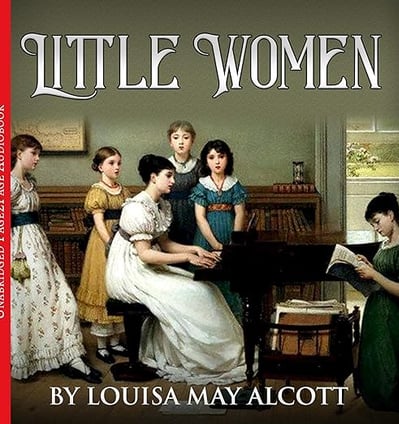

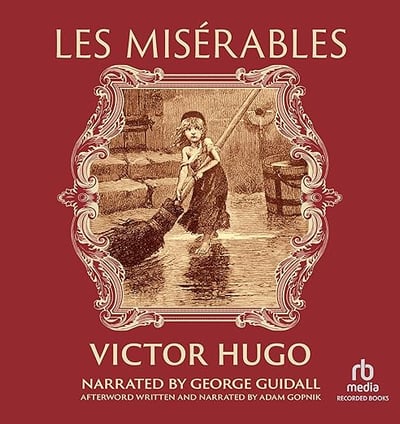

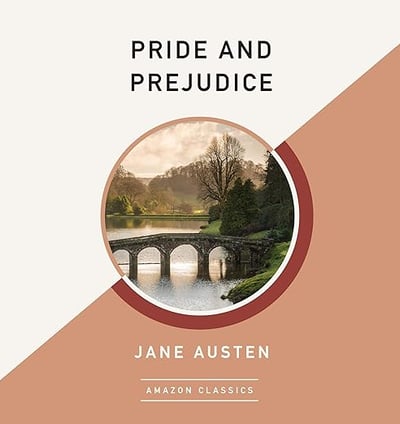

Louisa May Alcott
Les Misérables
Victor Hugo
Pride and Prejudice
Jane Austen
Candide


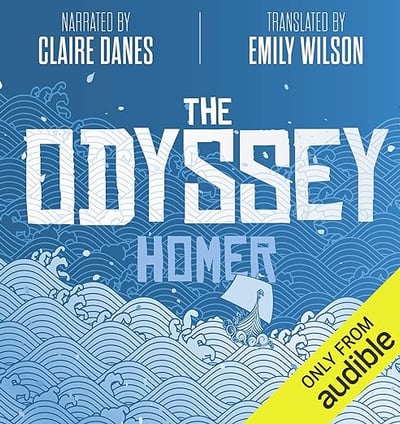

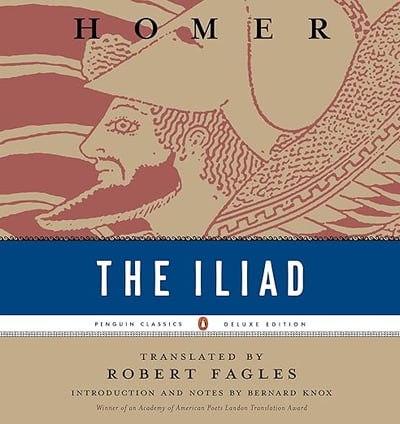

Francois Voltaire
The Odyssey
Homer
The Iliad
Homer
The Divine Comedy
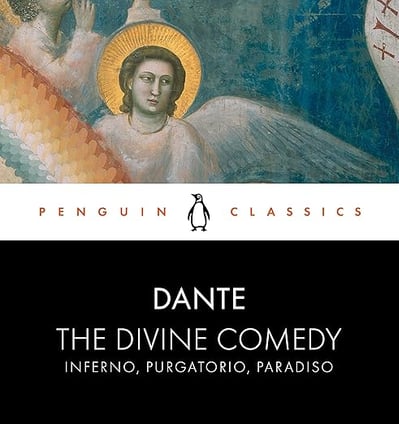


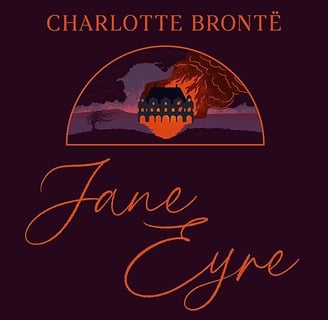
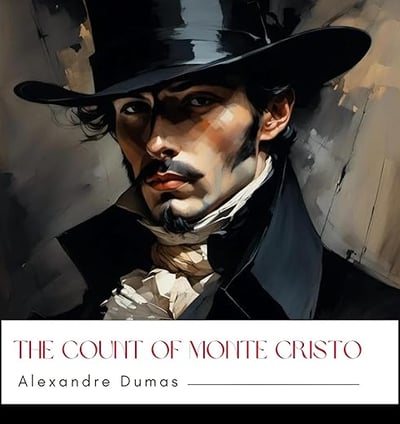

Dante Alighieri
Jane Eyre
Charlotte Brontë
The Count of Monte Cristo
Alexandre Dumas
Don Quixote
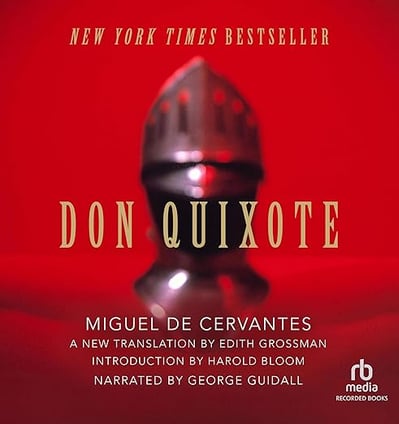

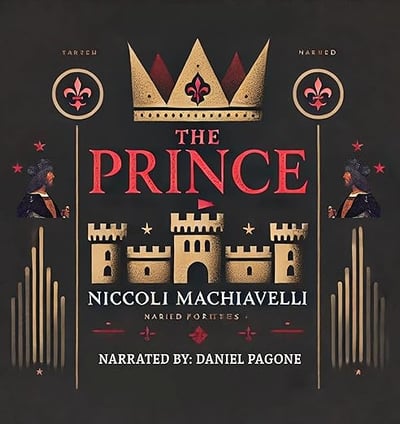

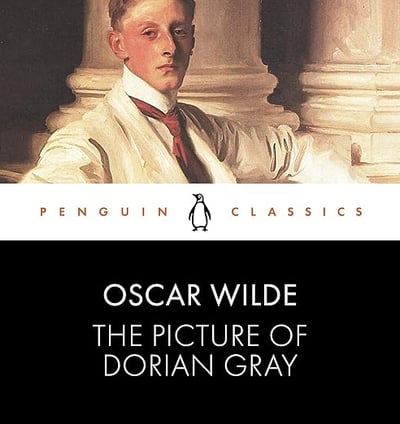

Miguel de Cervantes
The Prince
Niccoli Machiavelli
The Picture of Dorian Gray
Oscar Wilde
East of Eden
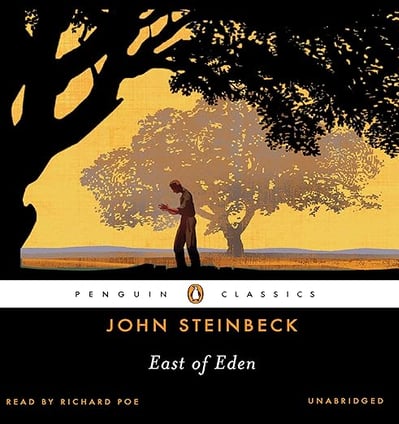

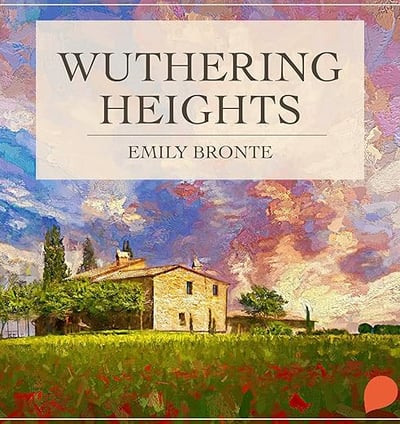

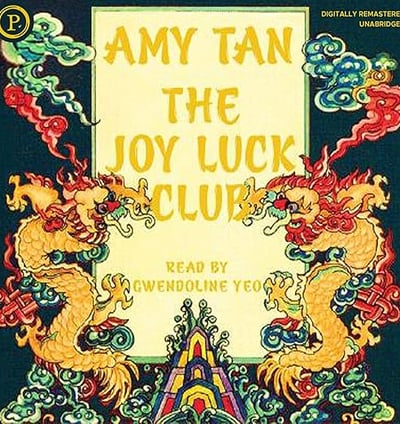

John Steinbeck
Wuthering Heights
Emily Brontë
The Joy Luck Club
Amy Tan
The Sun Also Rises
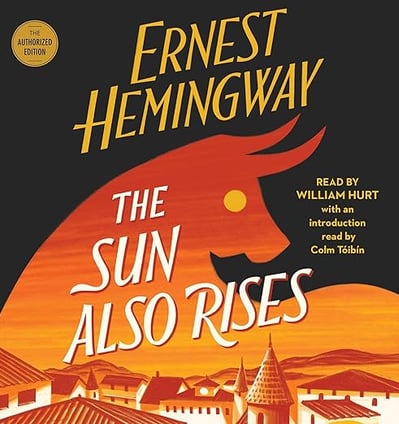

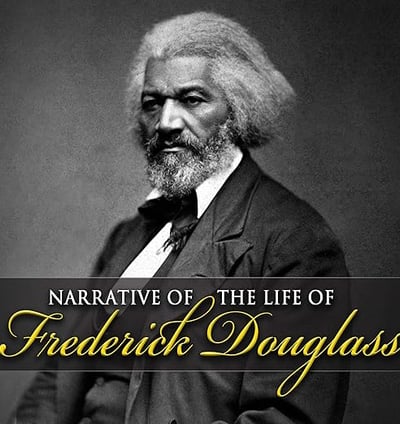

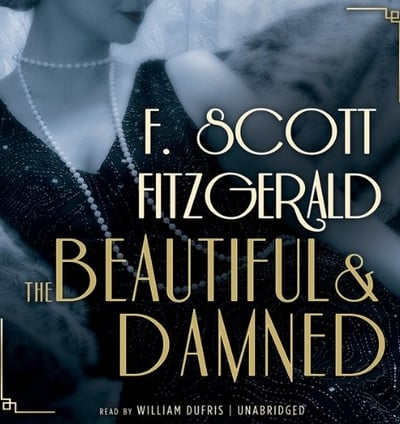

Ernest Hemingway
Narrative of the Life of Frederick Douglass
Frederick Douglass
The Beautiful and Damned
F. Scott Fitzgerald
Adventures of Huckleberry Finn


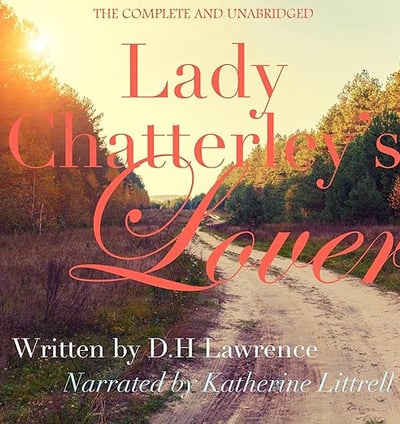

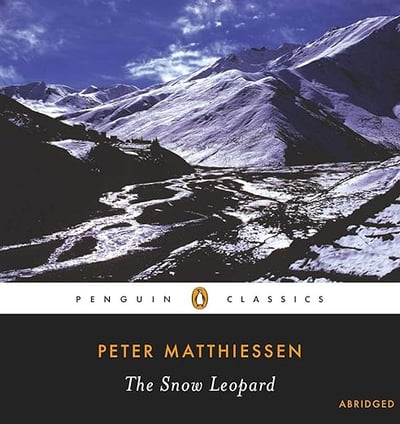

Mark Twain
Lady Chatterley's Lover
D.H. Lawrence
The Snow Leopard
Peter Matthiessen
Frankenstein
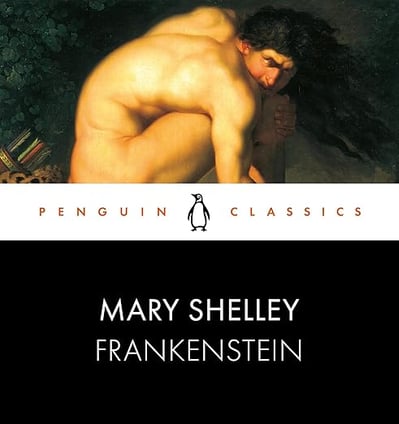

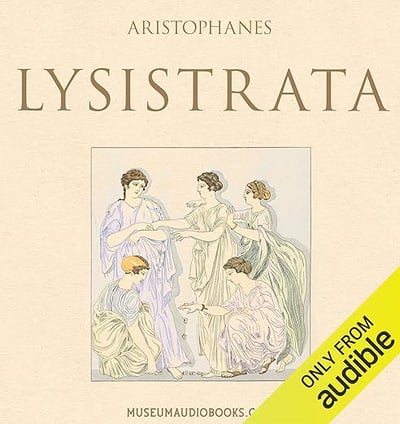



Mary Shelley
Lysistrata
Aristophanes
Dracula
Bram Stocker
Great Expectations
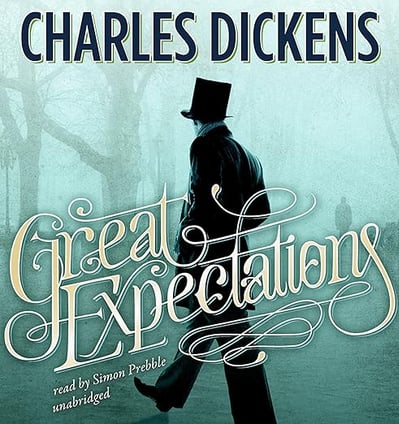

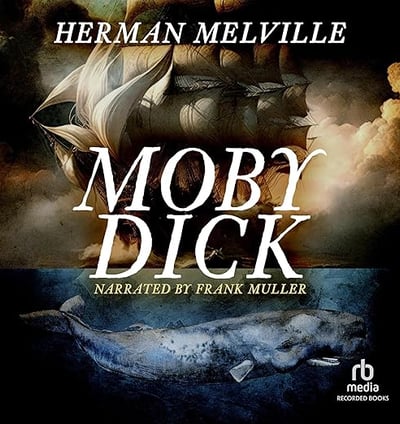

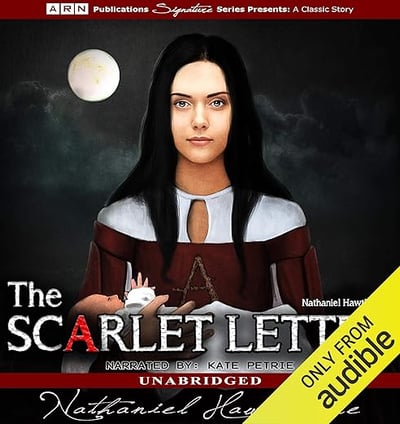

Charles Dickens
Moby Dick
Herman Melville
The Scarlet Letter
Nathaniel Hawthorne
Hamlet


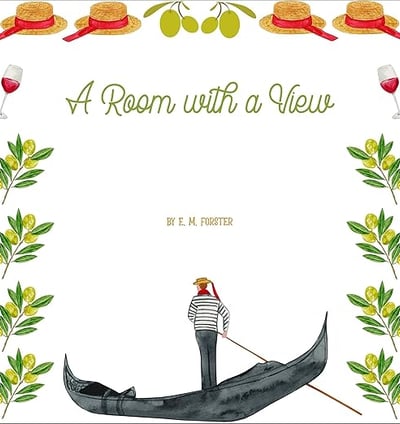

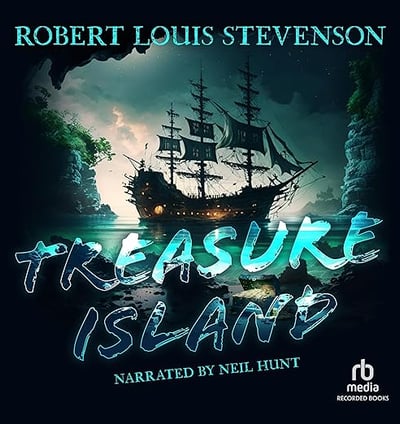

William Shakespeare
A Room with a View
E. M. Forster
Treasure Island
Robert Louis Stevenson
The Souls of Black Folk

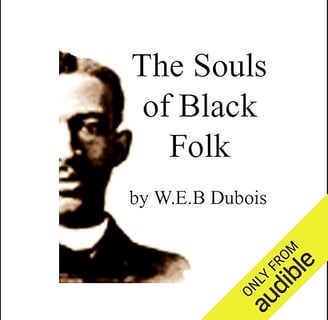


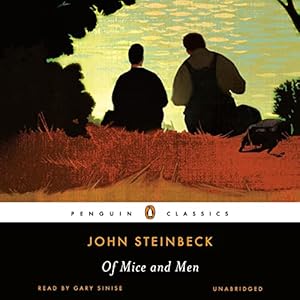

W.E.B Dubois
The Age of Innocence
Edith Wharton
Of Mice and Men
John Steinbeck
Walden and Civil Disobedience
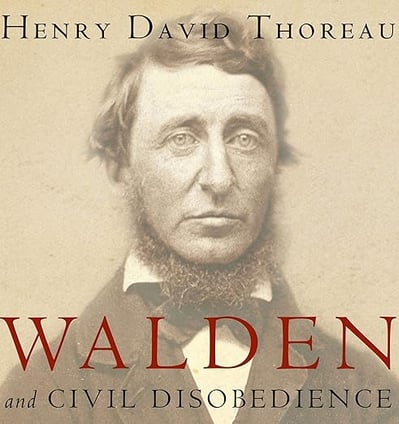

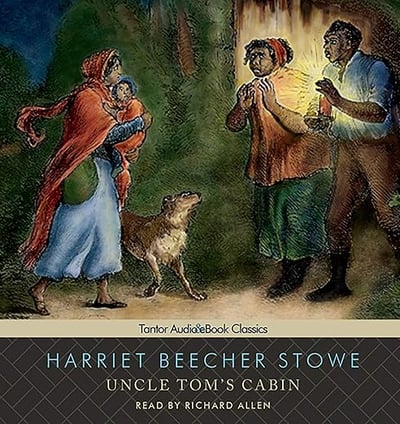

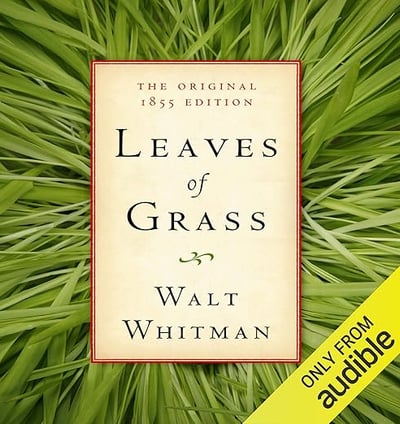

Henry David Thoreau
Uncle Tom's Cabin
Harriet Beecher Stowe
Leaves of Grass
Walt Whitman
Beowulf
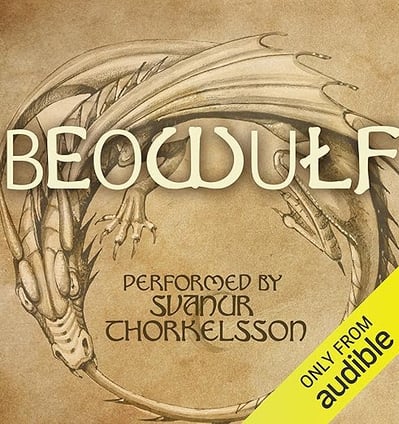

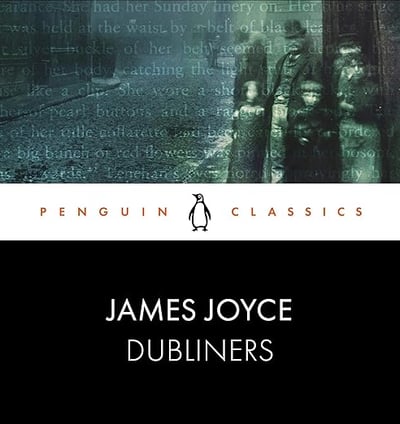

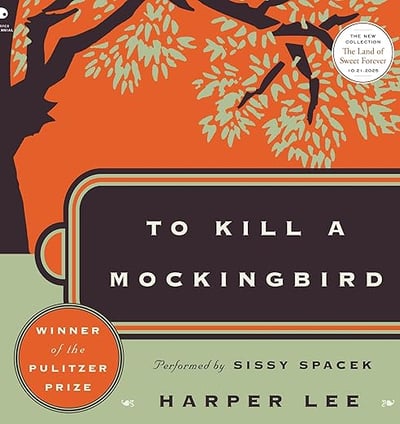

Anoymous
Dubliners
James Joyce
To Kill A Mockingbird
Harper Lee
1984


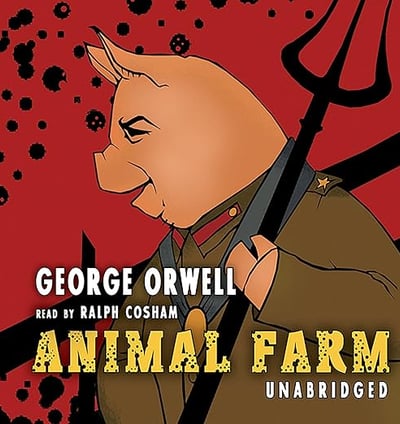

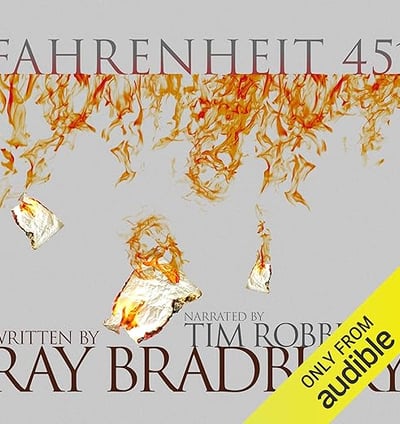

George Orwell
Animal Farm
George Orwell
Fahrenheit 451
Ray Bradbury
Summaries
Generations of readers young and old, male and female, have fallen in love with the March sisters of Louisa May Alcott's most popular and enduring novel, Little Women. Here are talented tomboy and author-to-be Jo, tragically frail Beth, beautiful Meg, and romantic, spoiled Amy, united in their devotion to each other and their struggles to survive in New England during the Civil War. It is no secret that Alcott based Little Women on her own early life.
While her father, the freethinking reformer and abolitionist Bronson Alcott, hobnobbed with such eminent male authors as Emerson, Thoreau, and Hawthorne, Louisa supported herself and her sisters with "woman's work," including sewing, doing laundry, and acting as a domestic servant. But she soon discovered she could make more money writing. Little Women brought her lasting fame and fortune, and far from being the "girl's book" her publisher requested, it explores such timeless themes as love and death, war and peace, the conflict between personal ambition and family responsibilities, and the clash of cultures between Europe and America.


4.5 ★★★★
Little Women
Louisa May Alcott
One of the great classics of world literature and the inspiration for the most beloved stage musical of all time, Les Misérables is legendary author Victor Hugo’s masterpiece. This extraordinary English version by renowned translator Julie Rose captures all the majesty and brilliance of Hugo’s work. Here is the timeless story of the quintessential hunted man—Jean Valjean—and the injustices, violence, and social inequalities that torment him.


4.6 ★★★★
Les Misérables
Victor Hugo
Love is in the air when five sisters discover that a wealthy and eligible bachelor is suddenly within reach. But it is his friend, the haughty Mr. Darcy, who becomes smitten. Unfortunately for him, the object of his affection is not so easily swayed.
One of the most popular characters in English literature, Elizabeth Bennet is intelligent, witty, well-spoken and ahead of her time. If the terrible rumors about Mr. Darcy are true, he doesn't stand a chance. Yet not all gossip is to be believed when marriage, money, and reputations are on the line. Will Elizabeth and Mr. Darcy circumvent her haste, his ego, and society's expectations to find love?
Written more than two centuries ago, Jane Austen's enduring story of manners, family, and love continues to delight new generations of listeners.


4.6 ★★★★
Pride and Prejudice
Jane Austen
Candide, the illegitimate nephew of a German baron and student of eternal optimist Pangloss, is living a simple and sheltered life in "the best of all possible worlds."
But when Candide falls in love with the wrong woman, his uncle's young daughter, he is exiled from the baron's castle and suffers great tragedy and catastrophe, which leaves him disillusioned and questioning the goodness of the universe.
Penned in just three days - and published in secret because of its blasphemous and seditious nature - Voltaire's legendary satire deftly skewers religious, romantic, and political naïveté with an acerbic and ribald wit that delights to this day.


4.4 ★★★★
Candide
Francois Voltaire
Acclaimed actress Claire Danes burnishes an epic story of heroes, gods, and monsters in a groundbreaking translation of The Odyssey, the first great adventure story in the Western literary tradition. When the wily warrior-king Odysseus sets off for home after the Trojan War, he doesn’t realize this simple undertaking will become a perilous journey of 10 years. Beset at every turn, he encounters obstacles, detours, and temptations—both supernatural and human—while his wife Penelope fends off would-be suitors desperate to take the throne.
Emily Wilson is the first woman to take on the daunting task of translating over 100,000 lines of a three-millennium-old poem from Ancient Greek to modern-day English. Her breathtaking rendition captures the poetic immediacy of the original text, while allowing listeners to experience The Odyssey with an honesty and directness few other versions have achieved. The result is a lean, fleet-footed translation that recaptures Homer’s “nimble gallop” and brings an ancient epic to new life. A fascinating introduction provides an informative overview of the Bronze Age milieu that produced the epic, the major themes of the poem, the controversies about its origins, and the unparalleled scope of its impact and influence.


4.7 ★★★★
The Odyssey
Homer
This translation of The Iliad equals Fitzgerald's earlier Odyssey in power and imagination. It recreates the original action as conceived by Homer, using fresh and flexible blank verse that is both lyrical and dramatic.


4.7 ★★★★
The Iliad
Homer
The Divine Comedy describes Dante's descent into Hell with Virgil as a guide, his ascent of Mount Purgatory and his encounter with his dead love Beatrice, and finally, his arrival in Heaven.
Examining questions of faith, desire and enlightenment, the poem is a brilliantly nuanced and moving allegory of human redemption. This major translation is published here for the first time in a single volume.


4.7 ★★★★
The Divine Comedy
Dante Alighieri
Orphaned Jane emerges from a cold, hostile upbringing at Lowood Institution to take her place as governess at Thornfield, home of Mr Rochester. Her petulant but loving charge, Adele, and the housekeeper, Mrs Fairfax, are her sole company, while Rochester remains a distant, mysterious and yet imposing presence.
As time goes by, however, Jane's; life at Thornfield becomes increasingly unsettled, and strange and ever more frightening occurrences lead her towards a shocking revelation.


4.5 ★★★★
Jane Eyre
Charlotte Brontë
The Count of Monte Cristo (French: Le Comte de Monte-Cristo) is an adventure novel written by French author Alexandre Dumas (père) completed in 1844. It is one of the author's most popular works, along with The Three Musketeers. Like many of his novels, it was expanded from plot outlines suggested by his collaborating ghostwriter Auguste Maquet.
The story takes place in France, Italy, and islands in the Mediterranean during the historical events of 1815–1839: the era of the Bourbon Restoration through the reign of Louis-Philippe of France. It begins on the day that Napoleon left his first island of exile, Elba, beginning the Hundred Days period when Napoleon returned to power. The historical setting is a fundamental element of the book, an adventure story centrally concerned with themes of hope, justice, vengeance, mercy, and forgiveness.
Before he can marry his fiancée Mercédès, Edmond Dantès, a French nineteen-year-old first mate of the Pharaon, is falsely accused of treason, arrested, and imprisoned without trial in the Château d'If, a grim island fortress off Marseille. A fellow prisoner, Abbé Faria, correctly deduces that romantic rival Fernand Mondego, envious crewmate Danglars, and double-dealing magistrate De Villefort are responsible. Over the course of their long imprisonment, Faria educates Dantès and tells him of a cache of treasure he found. After Faria dies, Dantès escapes and finds the treasure. As the powerful and mysterious Count of Monte Cristo, he enters the fashionable Parisian world of the 1830s to avenge himself.


4.7 ★★★★
The Count of Monte Cristo
Alexandre Dumas
Don Quixote is the classic story. Called the first modern novel, this marvelous book has stood the test of time to become irrevocably intertwined with the fabric of society. Sixteenth-century Spanish gentleman Don Quixote, fed by his own delusional fantasies, takes to the road in search of chivalrous adventures. But his quest leads to more trouble than triumph. At once humorous, romantic, and sad, Don Quixote is a literary landmark.


4.6 ★★★★
Don Quixote
Miguel de Cervantes
Delve into the timeless wisdom and political acumen of Niccolò Machiavelli’s "The Prince," masterfully narrated by Daniel Pagone. Written in the early 16th century, "The Prince" remains one of the most influential political treatises ever penned, offering keen insights into power, leadership, and statecraft that continue to resonate in modern times.
Machiavelli's pragmatic approach to governance, often summarized by the phrase "the ends justify the means," provides a candid examination of how rulers can maintain power and navigate the complexities of political life. From the importance of military prowess to the manipulation of public perception, "The Prince" offers a blueprint for leaders in any era.
Daniel Pagone's engaging narration brings Machiavelli's text to life, capturing the nuance and intensity of this seminal work. His voice guides listeners through the intricate ideas and historical examples that Machiavelli employs to illustrate his theories, making this audiobook an accessible and thought-provoking experience.
Perfect for students of political science, history enthusiasts, or anyone interested in the art of leadership, "The Prince" is an essential addition to any audiobook collection. Experience Machiavelli’s enduring legacy and understand why his work remains a cornerstone of political literature.


4.7 ★★★★
The Prince
Niccoli Machiavelli
Enthralled by his own exquisite portrait, Dorian Gray exchanges his soul for eternal youth and beauty. Influenced by his friend Lord Henry Wotton, he is drawn into a corrupt double life; indulging his desires in secret while remaining a gentleman in the eyes of polite society. Only his portrait bears the traces of his decadence. The novel was a succès de scandale and the book was later used as evidence against Wilde at the Old Bailey in 1895. It has lost none of its power to fascinate and disturb.


4.4 ★★★★
The Picture of Dorian Gray
Oscar Wilde
This sprawling and often brutal novel, set in the rich farmlands of California's Salinas Valley, follows the intertwined destinies of two families - the Trasks and the Hamiltons - whose generations helplessly reenact the fall of Adam and Eve and the poisonous rivalry of Cain and Abel.


4.7 ★★★★
East of Eden
John Steinbeck
Wuthering Heights is a multigenerational story of love and revenge that revolves around the inhabitants of a desolate farmhouse called Wuthering Heights.
Heathcliff, an orphan boy, and Catherine are raised together at Wuthering Heights. Despite the difference in their social position, they eventually fall in love. Though she loves Heathcliff, Catherine chooses to marry Edgar Linton, a wealthy neighbour. Bitter over her rejection, Heathcliff leaves Wuthering Heights. Years later, he returns and marries Edgar's sister for her money. Catherine dies after giving birth to a daughter. Devastated by Catherine's death, Heathcliff is determined to enact his revenge on Edgar and the next generation.


4.6 ★★★★
Wuthering Heights
Emily Brontë
For decades, a quartet of Chinese women who have emigrated to San Francisco gather to eat dim sum, play mahjong, and talk—they call themselves the Joy Luck Club. Over the years, their stories have informed the lives of four daughters who feel the weight of family and world history on their shoulders. With wit and sensitivity, this novel explores the deep, complicated, and sometimes painful connections between mothers and daughters.
Amy Tan entices listeners to immerse themselves into the complex lives of these women.


4.5 ★★★★
The Joy Luck Club
Amy Tan
Originally published in 1926, The Sun Also Rises is Ernest Hemingway’s first novel and a classic example of his spare but powerful writing style.
A poignant look at the disillusionment and angst of the post-World War I generation, the novel introduces two of Hemingway’s most unforgettable characters: Jake Barnes and Lady Brett Ashley. The story follows the flamboyant Brett and the hapless Jake as they journey from the wild nightlife of 1920s Paris to the brutal bullfighting rings of Spain with a motley group of expatriates. In his first great literary masterpiece, Hemingway portrays an age of moral bankruptcy, spiritual dissolution, unrealized love, and vanishing illusions.


4.0 ★★★★
The Sun Also Rises
Ernest Hemingway
This memoir written by writer, orator, and former slave Frederick Douglass describes, in gripping detail, the circumstances of his upbringing, his brutal treatment at the hands of slave-owners, and his narrow escape from Maryland to freedom. Written in 1845, this narrative is one of the most famous works of American literature and provided fuel for the abolitionist movement that began in the early 19th century.


4.7 ★★★★
Narrative of the Life of Frederick Douglass
Frederick Douglass
F. Scott Fitzgerald's second novel, The Beautiful and Damned, "marks an advance over This Side of Paradise," Edmund Wilson wrote. "The style is more nearly mature and the subject more nearly unified, and there are scenes that are more convincing than any in his previous fiction."
Published in 1922, it chronicles the relationship of Anthony Patch, Harvard-educated aspiring aesthete, and his beautiful wife, Gloria, as they wait to inherit his grandfather's fortune. A devastating satire of the nouveaux rich and New York's nightlife, of reckless ambition and squandered talent, it is also a shattering portrait of a marriage fueled by alcohol and wasted by wealth. The Beautiful and Damned, Fitzgerald wrote to Zelda in 1930, "was all true."
Lyrical, romantic, yet cruelly incisive, it signaled a new stage in Fitzgerald's career. With The Beautiful and Damned, H.L. Mencken commented in The Smart Set, "Fitzgerald ceases to be a wunderkind, and begins to come into his maturity."


4.2 ★★★★
The Beautiful and Damned
F. Scott Fitzgerald
Ernest Hemingway said, “All modern American literature comes from one book by Mark Twain called Huckleberry Finn". One hundred years after its author’s death, this classic remains remarkably modern and poignantly relevant. In this new edition, Elijah Wood reads Huck in a youthful voice that may be the closest interpretation to Twain’s original intent. His performance captures the excitement and confusion of adolescence and adventure. Best of all, the immediacy of Wood’s energetic reading sweeps listeners up and makes them feel as though they’re along for the ride, as Huck and Jim push their raft toward freedom.


4.5 ★★★★
Adventures of Huckleberry Finn
Mark Twain
Lady Chatterley's Lover is D. H. Lawrence's last novel. First published privately in 1928, Lady Chatterley's Lover was banned from wider publication in the UK until 1960 and was the subject of censorship and book banning in the United States and elsewhere. Its erotic subject material, colorful language, and discussion of interclass relations were deemed obscene.
Now deemed a classic work of artistic merit written before its time, D.H. Lawrence's thoughtfully penned novel scrutinizes marriage, infidelity, and the things people do to achieve physical and emotional happiness. The novel's frank approach to sex and desire infuses Lady Chatterley's Lover with a modern sensibility that rings as true and thought-provoking in the present as upon its first scandalous publication.


3.9 ★★★
Lady Chatterley's Lover
D.H. Lawrence
In 1973, Peter Matthiessen and field biologist George Schaller traveled high into the remote mountains of Nepal to study the Himalayan blue sheep and possibly glimpse the rare and beautiful snow leopard. Matthiessen, a student of Zen Buddhism, was also on a spiritual quest to find the Lama of Shey at the ancient shrine on Crystal Mountain. As the climb proceeds, Matthiessen charts his inner path as well as his outer one, with a deepening Buddhist understanding of reality, suffering, impermanence, and beauty.


The Snow Leopard
Peter Matthiessen
4.6 ★★★★
A terrifying vision of scientific progress without moral limits, Mary Shelley's Frankenstein leads the reader on an unsettling journey from the sublime beauty of the Swiss alps to the desolate waste of the arctic circle.
Obsessed with the idea of creating life itself, Victor Frankenstein plunders graveyards for the material with which to fashion a new being, shocking his creation to life with electricity. But this botched creature, rejected by its creator and denied human companionship, sets out to destroy Frankenstein and all that he holds dear. Mary Shelley's chilling gothic tale was conceived when she was only eighteen, living with her lover Percy Shelley near Lord Byron's villa on Lake Geneva. It would become the world's most famous work of Gothic horror, and Frankenstein's monster an instantly-recognizable symbol of the limits of human creativity.


4.5 ★★★★
Frankenstein
Mary Shelley
Lysistrata is an ancient Greek comedy by Aristophanes, which was originally performed in Athens in 411 BC. It is a comic account of a woman's extraordinary quest to terminate the Peloponnesian War between Greek city states, by advocating that the women deny all the men of the land any sex. At a meeting, Lysistrata persuades the women of the warring cities to withhold sexual privileges from their men. She has also persuaded the older women of Athens to seize the Acropolis. As the women sacrifice a bottle of wine to the gods in celebration of their oath, they hear the sounds of the older women taking the Acropolis, the fortress that houses the treasury of Athens. Unfortunately, Lysistrata’s policy triggers a war between the sexes....


4.2 ★★★★
Lysistrata
Aristophanes
One of the most popular stories ever told, Dracula (1897) has been re-created for the stage and screen hundreds of times in the last century. Yet it is essentially a Victorian saga, an awesome tale of thrillingly bloodthirsty vampire whose nocturnal atrocities reflect the dark underside of a supremely moralistic age. Above all, Dracula is a quintessential story of suspense and horror, boasting one of the most terrifying characters in literature: centuries-old Count Dracula, whose diabolical passions prey upon the innocent, the helpless, the beautiful. Bram Stoker, who was also the manager of the famous actor Sir Henry Irving, wrote seventeen novels. Dracula remains his most celebrated and enduring work -- even today this Gothic masterpiece has lost none of the spine-tingling impact that makes it a classic of the genre.


4.5 ★★★★
Dracula
Bram Stoker
One of the most revered works in English literature, Great Expectations traces the coming of age of a young orphan, Pip, from a boy of shallow aspirations into a man of maturity. From the chilling opening confrontation with an escaped convict to the grand but eerily disheveled estate of bitter old Miss Havisham, all is not what it seems in Dickens’ dark tale of false illusions and thwarted desire.
Raised by a humble blacksmith, Pip is recruited by the wealthy Miss Havisham to be a companion to her ward, the cold but beautiful Estella. There, Pip learns to despise his rough origins as Estella torments him about his low prospects. When Pip is informed that an unknown benefactor expects to make him his heir, he sets off to London to realize his “great expectations.” But true gentleman stature, he will find, is a matter of character, not fortune.


4.5 ★★★★
Great Expectations
Charles Dickens
Its famous opening line, "Call me Ishmael", dramatic in its stark simplicity, begins an epic that is widely regarded as the greatest novel ever written by an American. Labeled variously a realistic story of whaling, a romance of unusual adventure and eccentric characters, a symbolic allegory, and a drama of heroic conflict, Moby Dick is first and foremost a great story. It has both the humor and poignancy of a simple sea ballad, as well as the depth and universality of a grand odyssey.
When Melville's father died in 1832, the young man's financial security went too. For a while he turned to school-mastering and clerking, but failed to make a sustainable income. In 1840 he signed up on the whaler, Acushnet, out of New Bedford, Massachusetts. He was just 21. A whaler's life turned out to be both arduous and dangerous, and in 1842, Melville deserted ship. Out of this experience and a wealth of printed sources, Melville crafted his masterpiece.


4.4 ★★★★
Moby Dick
Herman Melville
One of the most important novels in classic literature, Nathaniel Hawthorne's The Scarlet Letter tackles the subject of adultery, with the notorious Hester Prynne at the forefront of the scandal in the Massachusetts Bay Colony. In the beginning of the novel, Hester is serving time in prison for having a child out of wedlock and is forced to wear a scarlet A on her clothing at all times, so she cannot run from her sin no matter where she goes. Her husband has been away for around two years, and she refuses to name the father of her daughter, Pearl. The father is actually Reverend Dimmesdale, a timid man who keeps his secret from the community.
Hester's husband returns to the colony, where he finds out what has happened and makes it his personal goal to torment the father of Pearl. He discovers that it is Dimmesdale and tries to intimidate him. The pressure becomes too much for Dimmesdale, and after seven years of torture the reverend eventually admits what he has done and dies before a crowd of people. Not long after, Hester's husband also passes away, leaving Hester and her daughter enough money to escape the colony and finally have some peace. At the end, however, Hester decides to come back to the colony, and when she passes away, she is buried next to the reverend, with whom she had been in love.


4.4 ★★★★
The Scarlet Letter
Nathaniel Hawthorne
Folger Shakespeare Library, The World’s Leading Center for Shakespeare Studies
The Folger Shakespeare Library, home to the world’s largest Shakespeare collection, brings Hamlet to life with this new full-length, full-cast dramatic recording of its definitive Folger Edition.
Hamlet, Shakespeare's most popular, and perhaps most puzzling play, follows the form of a "revenge tragedy", in which the hero, Hamlet, seeks vengeance against his father’s murderer, his uncle Claudius, now the king of Denmark. Much of its fascination, however, lies in its uncertainties.
This new full-cast recording - based on the most respected edition of Shakespeare's classic - expertly produced by the Folger Theatre, is perfect for students, teachers, and the everyday listener.


4.7 ★★★★
Hamlet
William Shakespeare
A Room with a View is a novel by English writer E. M. Forster, about a young woman in the restrained culture of Edwardian era England. Set in Italy and England, the story is both a romance and a critique of English society at the beginning of the 20th century. The first part of the novel is set in Florence, Italy, and describes a young English woman's first visit to Florence, at a time when upper middle class English women were starting to lead independent, adventurous lives. Lucy Honeychurch is touring Italy with her overbearing older cousin and chaperone, Charlotte Bartlett, and the novel opens with their complaints about the hotel, "The Pension Bertolini." Their primary concern is that although rooms with a view of the River Arno have been promised for each of them, their rooms instead look over a courtyard. A Mr. Emerson interrupts their "peevish wrangling," offering to swap rooms as he and his son, George Emerson, look over the Arno. This behaviour causes Miss Bartlett some consternation, as it appears impolite. Without letting Lucy speak, Miss Bartlett refuses the offer, looking down on the Emersons because of their unconventional behaviour and thinking it would place her under an "unseemly obligation" towards them. However, another guest at the pension, an Anglican clergyman named Mr. Beebe, persuades the pair to accept the offer, assuring Miss Bartlett that Mr. Emerson only meant to be kind.


4.1 ★★★★
A Room with a View
E.M. Forster
If you happen to find a map in a dead buccaneer's sea trunk, you can't very well ignore it, not if you are Jim Hawkins and his friends Dr. Livesey, Captain Smollett, and Squire Trelawney! But even with a map, buried treasures are not easy things to come by. At the start of his grand adventure, setting sail on the good ship Hispaniola, the young Hawkins is a hesitant, querulous boy, too easily beguiled by his own fancy.
By journey's end he will have faced murder, mutiny, and mayhem - and in the process, become a man. Narrator Neil Hunt brings to life the characters Robert Louis Stevenson made so memorable: Black Dog, Blind Pew, Billy Bones, George Merry, Israel Hands, and Ben Gunn.


4.4 ★★★★
Treasure Island
Robert Louis Stevenson
W.E.B. Du Bois said, on the launch of his groundbreaking 1903 treatise, The Souls of Black Folk, "for the problem of the 20th century is the problem of the color-line", a prescient statement. Setting out to show to the audience "the strange meaning of being black here in the dawning of the 20th century", Du Bois explains the meaning of the emancipation, and its effect, and his views on the roles of the leaders of his race.


4.7 ★★★★
The Souls of Black Folk
W.E.B Dubois
Edith Wharton became the first woman to win the Pulitzer Prize for fiction with this 1920 novel about Old New York society. Newland Archer is wealthy, well-bred, and engaged to the beautiful May Welland. But he finds himself drawn to May's cousin Ellen Olenska, who has been living in Europe and who has returned following a scandalous separation from her husband.


4.3 ★★★★
The Age of Innocence
Edith Wharton
Celebrating its 75th anniversary, John Steinbeck’s Of Mice and Men remains one of America's most widely read and beloved novels. Here is Steinbeck’s dramatic adaptation of his novel-as-play, which received the New York Drama Critics’ Circle Award for Best Play in 1937-1938 and has featured a number of actors who have played the iconic roles of George and Lennie on stage and film, including James Earl Jones, John Malkovich and Gary Sinise.
From the Nobel Prize-winning author of The Grapes of Wrath and East of Eden, this classic story of an unlikely pair, two migrant workers in California during the Great Depression who grasp for their American Dream, profoundly touches readers/listeners and audiences alike. George and his simple-minded friend Lenny dream, as drifters will, of a place to call their own - a couple of acres and a few pigs, chickens, and rabbits back in Hill Country where land is cheap. But after they come to work on a ranch in the fertile Salinas Valley of California, their hopes, like “the best laid schemes o’mice an’ men”, begin to go awry.
Of Mice and Men also represents an experiment in form, as Steinbeck described his work, “a kind of playable novel, written in novel form but so scened and set that it can be played as it stands”. A rarity in American letters, it achieved remarkable success as a novel, a Broadway play, and three acclaimed films.


4.6 ★★★★
Of Mice and Men
John Steinbeck
This audiobook includes both of Henry David Thoreau's most popular and enduring works, the book Walden and the essay "On the Duty of Civil Disobedience."


4.5 ★★★★
Walden and Civil Disobedience
Henry David Thoreau
Uncle Tom's Cabin opens with a Kentucky farmer named Arthur Shelby facing the loss of his farm because of debts. Even though he and his wife, Emily Shelby, believe that they have a benevolent relationship with their slaves, Shelby decides to raise the needed funds by selling two of them - Uncle Tom, a middle-aged man with a wife and children, and Harry, the son of Emily Shelby's maid Eliza - to a slave trader. Emily Shelby hates the idea of doing this because she had promised her maid that her child would never be sold; Emily's son, George Shelby, hates to see Tom go because he sees the old man as his friend and mentor.
When Uncle Tom's Cabin was published in 1852, it became an international blockbuster, selling more than 300,000 copies in the United States alone in its first year. Progressive for her time, Harriet Beecher Stowe was one of the earliest writers to offer a shockingly realistic depiction of slavery. Her stirring indictment and portrait of human dignity in the most inhumane circumstances enlightened hundreds of thousands of people by revealing the human costs of slavery, which had until then been cloaked and justified by the racist misperceptions of the time.


4.6 ★★★★
Uncle Tom's Cabin
Harriet Beecher Stowe
When Walt Whitman self-published "Leaves of Grass" in 1855, he rocked the literary world and forever changed the course of poetry. In subsequent editions, Whitman continued to revise and expand his poems - but none matched the raw power and immediacy of the first edition. This volume presents the 1855 "Leaves of Grass" in its entirety, unchanged, along with Ralph Waldo Emerson's famous letter to Whitman.


4.6 ★★★★
Leaves of Grass
Walt Whitman
Performed by Icelandic poet, playwright, professional storyteller and performer Svanur Thorkelsson, Audible’s production gives listeners the opportunity to experience how it might have felt to hear bards recite sections of the 3000-line poem from memory in Anglo Saxon dining halls. Audible’s Beowulf recaptures the heroic style and vast scale of what can be considered ‘England’s first native audiobook’.
Considered one of the most important pieces of English literature, Beowulf has gripped audiences for over 1,000 years. It has been hugely influential on English and world literature – in particular Lord of the Rings and Game of Thrones – and has continued to be explored and reinterpreted through adaptations across mediums including novels, film, TV, opera, graphic novels and more.


4.6 ★★★★
Beowulf
Anonymous
Joyce's first major work, written when he was only twenty-five, brought his city to the world for the first time. His stories are rooted in the rich detail of Dublin life, portraying ordinary, often defeated lives with unflinching realism. He writes of social decline, sexual desire and exploitation, corruption and personal failure, yet creates a brilliantly compelling, unique vision of the world and of human experience.


4.3 ★★★★
Dubliners
James Joyce
Harper Lee’s Pulitzer prize-winning masterwork of honor and injustice in the deep south - and the heroism of one man in the face of blind and violent hatred, available now for the first time as a digital audiobook.
One of the best-loved stories of all time, To Kill a Mockingbird has been translated into more than 40 languages, sold more than 30 million copies worldwide, served as the basis for an enormously popular motion picture, and was voted one of the best novels of the 20th century by librarians across the country. A gripping, heart-wrenching, and wholly remarkable tale of coming-of-age in a South poisoned by virulent prejudice, it views a world of great beauty and savage inequities through the eyes of a young girl, as her father - a crusading local lawyer - risks everything to defend a black man unjustly accused of a terrible crime.


4.7 ★★★★
To Kill A Mockingbird
Harper Lee
One of the most celebrated classics of the twentieth century, this cautionary tale of a man trapped under the gaze of an authoritarian state is more relevant now than ever before.
“Thoughtcrime was not a thing that could be concealed for ever. You might dodge successfully for a while, even for years, but sooner or later they were bound to get you.”
Winston Smith works in the Ministry of Truth—or Minitrue as it is called in Newspeak—where he alters newspapers and reports to follow the arbitrary dictates of Big Brother’s propaganda. Beneath his outward conformity, however, Winston dreams of sharing his treasonable thoughts and breaking through the loneliness in which he lives.
Thus he takes his first dangerous steps, writing a diary of his doubts and then falling in love with a woman of the Party, the beautiful and brave Julia. They know their love is doomed, but Julia says, “They can make you say anything—anything—but they can’t make you believe it.”
But in Oceania, there is no possibility of solidarity, rebellion, or love—and the Party can reach anywhere.
First published in 1949, this disturbing novel that George Orwell wrote during a time of great social and political unrest centers on the consequences of totalitarianism, mass surveillance, and repressive regimentation of people and behaviors within society.
This classic of dystopian fiction contributed new words that became part of common English usage, including Big Brother, doublethink, newspeak, and thoughtcrime. The adjective "Orwellian" has come to mean government deception, surveillance, and misleading terminology.


4.6 ★★★★
1984
George Orwell
George Orwell's classic satire of the Russian Revolution is an intimate part of our contemporary culture, quoted so often that we tend to forget who wrote the original words. It is an account of the bold struggle that transforms Mr. Jones' Manor Farm into Animal Farm, a wholly democratic society built on the credo that All Animals Are Created Equal. Out of their cleverness, the pigs Napoleon, Squealer, and Snowball emerge as leaders of the new community in a subtle evolution that bears an insidious familiarity. The climax is the brutal betrayal of the faithful horse Boxer, when totalitarian rule is re-established with the bloodstained postscript to the founding slogan: But Some Animals Are More Equal Than Others.


4.6 ★★★★
Animal Farm
George Orwell
Guy Montag is a fireman. In his world, where television rules and literature is on the brink of extinction, firemen start fires rather than put them out. His job is to destroy the most illegal of commodities, the printed book, along with the houses in which they are hidden. Montag never questions the destruction and ruin his actions produce, returning each day to his bland life and wife, Mildred, who spends all day with her television "family". But then he meets an eccentric young neighbor, Clarisse, who introduces him to a past where people didn’t live in fear and to a present where one sees the world through the ideas in books instead of the mindless chatter of television. When Mildred attempts suicide and Clarisse suddenly disappears, Montag begins to question everything he has ever known. He starts hiding books in his home, and when his pilfering is discovered, the fireman has to run for his life.


4.6 ★★★★
Fahrenheit 451
Ray Bradbury
© 2024. All rights reserved.
